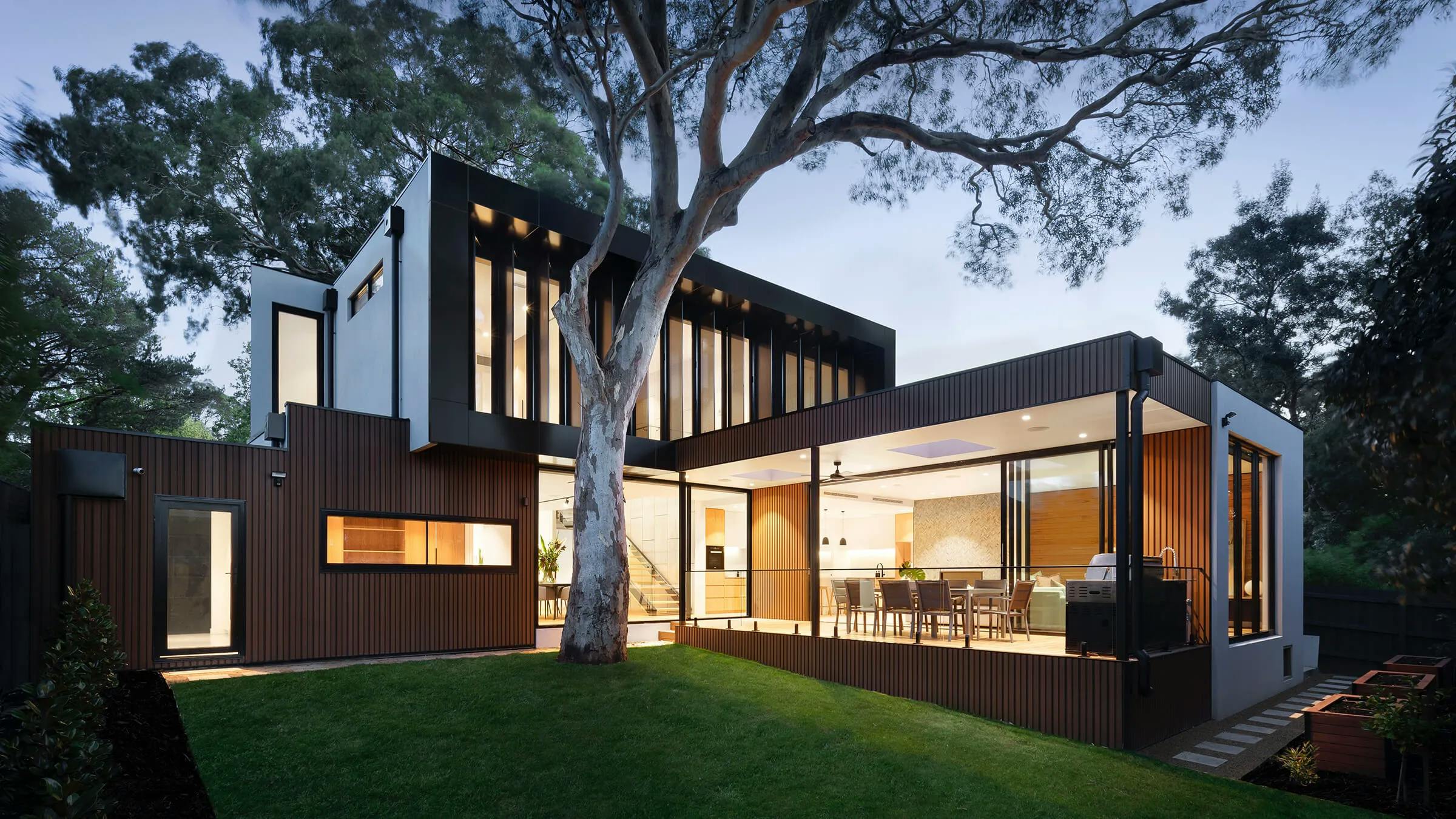New home sales are back on the rise, fuelled in part by many investors and owner-occupiers buying off the plan.
The concept is straightforward: put up a deposit (usually 10 per cent) to help the developer fund construction and pay the balance when the build is complete. Apartments are now springing up at a rapid rate in capital cities and popular holiday locations with the confidence that property prices will rise, handing buyers a tidy capital growth when they eventually take possession
Developers sell off the plan to entice as many sales commitments as possible to then secure from their lender the finance they need for the build. Because buyers are essentially handing over their deposit for the promise of an apartment they won’t see for one to two years (or more), prices are set at current market rates with incentives often offered to entice buyers. This adds to the capital gain potential, but price rises are never guaranteed, as we have seen in past years.
In exchange for your deposit, the developer should provide a contract that outlines the details of your particular purchase, the completion date for the development and the deadline for when a decision must be made as to whether the development will go ahead. That decision usually hinges on whether sufficient finance has been secured. If the developer pulls the pin or passes the decision deadline, you should be entitled to a refund of your deposit, but this depends on the conditions of the sale contract, so it pays to read this document carefully and if required seek financial or legal advice. Full payment for the property is not required until settlement, which is usually one to three months post completion.
While buying off the plan looks great on paper and can reap rewards, getting in on the ground floor of a new development is not always a fast track to making money. Haven looks at how you can make the most of the opportunity and avoid some of the common pitfalls.
Start your journey to homeownership today!
Don't miss out on the first-home-buyer advantage. We focus on the essentials, ensuring you get the best products without unnecessary burdens. Take the first step towards your dream home now.

General builders FAQs
We’re all unique when it comes to our finances and borrowing needs. Contact us today, we can help with calculations based on your circumstances
Our guides to loan types and features will help you learn about the main options available. There are hundreds of different home loans available, so talk to us today.
Usually between 5% - 10% of the value of a property. Speak with us to discuss your options for a deposit.`
Go to our repayment calculator for an estimate. Because there are so many different loan products, some with lower introductory rates, talk to us today about the deals currently available, and we’ll work with you to find a loan setup that’s right for you.
Most lenders offer flexible repayment options to suit your pay cycle. If you aim to make weekly or fortnightly repayments, instead of monthly, you will make more payments in a year, which can potentially shave dollars and time off your loan.
This is a grant available to Australian citizens or permanent residents who wish to buy or build their first home, which will be their principal place of residence within 12 months of settlement. Contact us directly to find out more about eligibility requirements in your state and how much grant money you could receive.
There are a number of fees and costs involved when buying a property. To help avoid any surprises, the list below sets out many of the usual costs:
- Stamp duty — This is the big one. All other costs are relatively small by comparison. Stamp duty rates vary between state and territory governments and also depend on the value of the property you buy. You may also have to pay stamp duty on the mortgage itself. To estimate your possible stamp duty charge, visit our Stamp Duty Calculator.
- Legal/conveyancing fees — Generally around $1,000 – $1500, these fees cover all the legal requirements around your property purchase, including title searches.
- Building inspection — This should be carried out by a qualified expert, such as a structural engineer before you purchase the property. Your Contract of Sale should be subject to the building inspection, so if there are any structural problems you have the option to withdraw from the purchase without any significant financial penalties. A building inspection and report can cost up to $1,000, depending on the size of the property. Your conveyancer will usually arrange this inspection, and you will usually pay for it as part of their total invoice at settlement (in addition to the conveyancing fees).
- Pest inspection — Also to be carried out before purchase to ensure the property is free of problems, such as white ants. Your Contract of Sale should be subject to the pest inspection, so if any unwanted crawlies are found you may have the option to withdraw from the purchase without any significant financial penalties. Allow up to $500 depending on the size of the property. Your real estate agent or conveyancer may arrange this inspection, and you will usually pay for it as part of their total invoice at settlement (in addition to the conveyancing fees).
- Lender costs — Most lenders charge establishment fees to help cover the costs of their own valuation as well as administration fees. We will let you know what your lender charges but allow about $600 to $800.
- Moving costs — Don’t forget to factor in the cost of a removalist if you plan on using one.
- Mortgage Insurance costs — If you borrow more than 80% of the purchase price of the property, you’ll also need to pay Lender Mortgage Insurance. You may also consider whether to take out Mortgage Protection Insurance.
- Ongoing costs — If you buy a strata title, regular strata fees are payable. You will need to include council and water rates along with regular loan repayments. It is important to also consider building insurance and contents insurance. Your lender will probably require a minimum sum insured for the building to cover the loan.
Start your journey to homeownership today!
Don't miss out on the first-home-buyer advantage. We focus on the essentials, ensuring you get the best products without unnecessary burdens. Take the first step towards your dream home now.

Top tips for building a new home
Investments like this are big decisions, so investing in the right professionals to have onside before you commit is money well spent. Ensure you get professional legal advice on any contract before you sign it and that you speak with your financial advisor or tax professional to make sure you’ve got the right advice from day one.
Make sure your deposit will be refunded if the project doesn’t go ahead by a certain date.
Make sure the contract contains as much detail as possible about the finished product.
Be clear on what finishes and fixtures you can customise.
Find out if you can on-sell during construction in case your circumstances change.
Ask if you can inspect the site during construction.
Talk to your mortgage broker about
Need a home loan?
Whatever your circumstances, we will look for a loan that’s right for you, not the lender. Send through a quick enquiry and we will be in touch.
